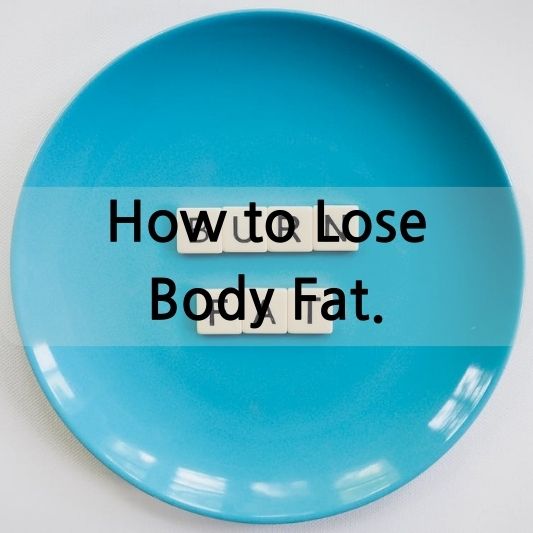Introduction to Body Fat
Body fat is a natural component of the human body, crucial for insulation, energy storage, and protection of organs. However, excess body fat can lead to various health issues.

Understanding Body Fat Percentage
Knowing your body fat percentage is essential. It indicates the proportion of fat to the total body mass and helps in understanding one’s fitness level and health risks associated with excess fat.
Importance of Knowing Body Fat Percentage
Understanding body fat percentage helps set realistic fitness goals and tracks progress accurately. It’s a better indicator of health than BMI (Body Mass Index) alone.
Healthy Body Fat Percentage
For men, a healthy body fat percentage ranges between 10-20%, while for women, it’s around 18-28%, varying with age and individual factors.
Factors Affecting Body Fat
Several factors influence body fat accumulation, including diet, exercise, sleep, and stress.
Diet and Nutrition
Eating a balanced diet rich in whole foods, lean protein, healthy fats, and complex carbohydrates aids in reducing body fat. Portion control and mindful eating contribute significantly.
Exercise and Physical Activity
Regular exercise, a combination of cardio and strength training, helps burn calories, build muscle, and decrease body fat percentage.
Sleep and Stress
Quality sleep and stress management play vital roles. Poor sleep and high stress levels can disrupt hormones, leading to increased fat storage.
Effective Strategies to Lose Body Fat
To reduce body fat effectively, adopting a holistic approach is crucial.
Balanced Diet and Portion Control
Focus on nutrient-dense foods, control portion sizes, and avoid processed sugars and unhealthy fats.
Regular Exercise Routine
Incorporate a mix of cardio and strength training exercises. Cardio burns calories, while strength training builds muscle, boosting metabolism.
Importance of Cardio and Strength Training
Cardio exercises like running, cycling, or HIIT sessions aid in fat burning, while strength training helps in building lean muscle, elevating basal metabolic rate.
Hydration and Its Role
Adequate hydration aids in metabolism and regulates appetite, supporting weight loss efforts.
Quality Sleep and Stress Management
Prioritize quality sleep and practice stress-relief techniques like meditation or yoga to maintain hormonal balance.
Tracking Progress and Adjustments
Monitor body fat changes regularly. Adjust the diet and exercise routine as needed for better results.
Monitoring Body Fat Changes
Utilize tools like body fat scales or professional assessments to track changes accurately.
Adapting Strategies for Better Results
Evaluate progress and make necessary adjustments in diet, exercise, or lifestyle habits for continued success in losing body fat.
Conclusion
Losing body fat involves a combination of lifestyle changes, including a balanced diet, regular exercise, adequate sleep, and stress management. Understanding body fat percentage and adopting healthy practices are key to achieving long-term success in fat loss.
FAQs
Is spot reduction of body fat possible?
Spot reduction is a myth. Targeted exercises may strengthen specific muscles but don’t directly burn fat in those areas.
Can supplements help in losing body fat?
While some supplements aid in weight management, they should complement a balanced diet and exercise, not replace them.
How long does it take to see noticeable changes in body fat percentage?
Visible changes vary among individuals based on factors like diet, exercise, metabolism, and genetics. Consistency is key.
Are crash diets effective for losing body fat?
Crash diets often lead to short-term weight loss but are unsustainable and may harm health in the long run.
Should I consult a professional before starting a fat loss journey?
Consulting a healthcare professional or a certified fitness expert is advisable for personalized guidance and safety.
Find out the price of nutritional supplements to help reduce body fat on iHerb!
